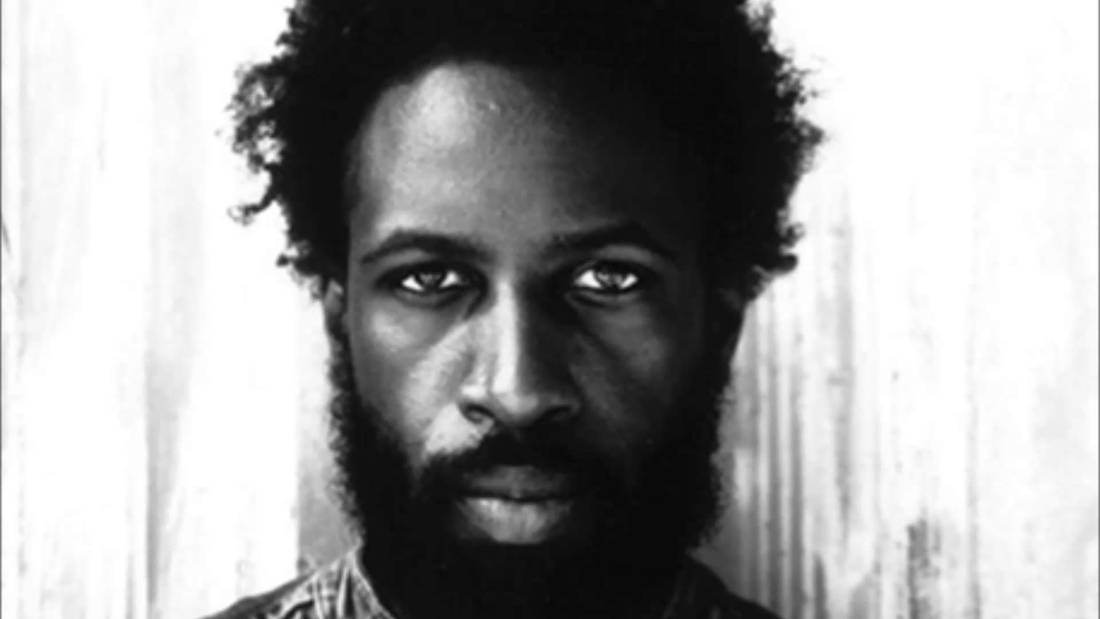|
Saul Williams is a jack-of-all-trades. Along with doing slam poetry, Williams raps, writes music and prose, and acts. He was born in New York in 1972. He earned a BA in philosophy and acting from Morehouse college and an MFA in acting from NYU. It was during his time in New York City that he entered the cafe poetry scene that sparked his interest in the art. Since then, he’s won the title of “Grand Slam Champion” of the Nuyorican Poet’s Cafe. He also competed in National Poetry Slam in Portland and was featured as the lead role in the movie Slam. Poem 1: "His Dilemma"every morning I rise and face the firing squad every morning there is one who holds his fire his dilemma is my system of belief they fire rounds but I am seldom in their circle a quiet mind is labeled 'sound' and colored purple my little boy has not yet learned to color within lines his jumbled diction has not yet learned our contradiction we speak of art with flaming passion then do work void of compassion and wonder why reality is bleeding fiction. In this poem, Williams writes about facing a firing squad on a daily basis. Although he faces this firing squad every day, he is “seldom in their circle.” He later goes on to say, “a quiet mind is labeled ‘sound.’” He says, “every morning there is one who holds his fire.” I think this is referring to prejudice he experiences every day, each day from someone else. He experiences the prejudice, but he isn’t the target; he stays quiet and doesn’t do anything overtly judgeable. I think his poem is condemning this sentiment. He then writes, “[my little boy] has not yet learned our contradiction.” Their contradiction is speaking “of art with flaming passion then do work void of compassion.” These lines show us that they live under a contradiction; two lives in which they are very passionate about black culture and art, but hide it so as to not be judged. He ends with, “and wonder why reality is bleeding fiction,” which means he thinks they don’t live to their truest instincts; they should be loud and proud. Poem 2: "Language in Zoos"In this poem, Williams uses a lot of nature references. He speaks of his ability to memorize and recite the qualities of grass, the moon, clouds, storms, seasons, natural events, and the breeze, almost as if it were something he is required to do. He writes as though this is easy for him. After that, he uses sharper language. He says we put language in an inhumane sounding zoo in which we find “caged thought.” I think Williams is referring to philosophical limits on language. He wants to express inexpressible things, like what a color looks like or describe what it’s like to taste.
He finishes the poem by telling us that he tries his best to make people describe what he’s saying for him, much like in the way we’d describe blue as “cold;” because it’s impossible to describe blue outside of what color is scientifically and the things we associate with it. He also writes about how he balances his life between the mundane every-day aspect of his life with inspiring others and his children to think in a similar way, as if to break away from the cages we may find our creativity put in.
2 Comments
Jawwsh
10/13/2017 03:02:12 pm
Awesome work! I enjoyed the analysis and portrayal of his work.
Reply
1/30/2020 05:27:55 am
Spoken word poetry is one of the most interesting in the entire world. I understand that people just do not like it, but it is not the point. If you want to use this to your advantage, then just try it out. I know lots of people who are making a name for themselves using spoken word poetry. I hope that we can just use this to make the world a better place, especially since it is all about sending a message.
Reply
Leave a Reply. |
ENGL4302 Spoken Word Poetry & Pedagogy at LSU ArchivesCategories
All
|

 RSS Feed
RSS Feed